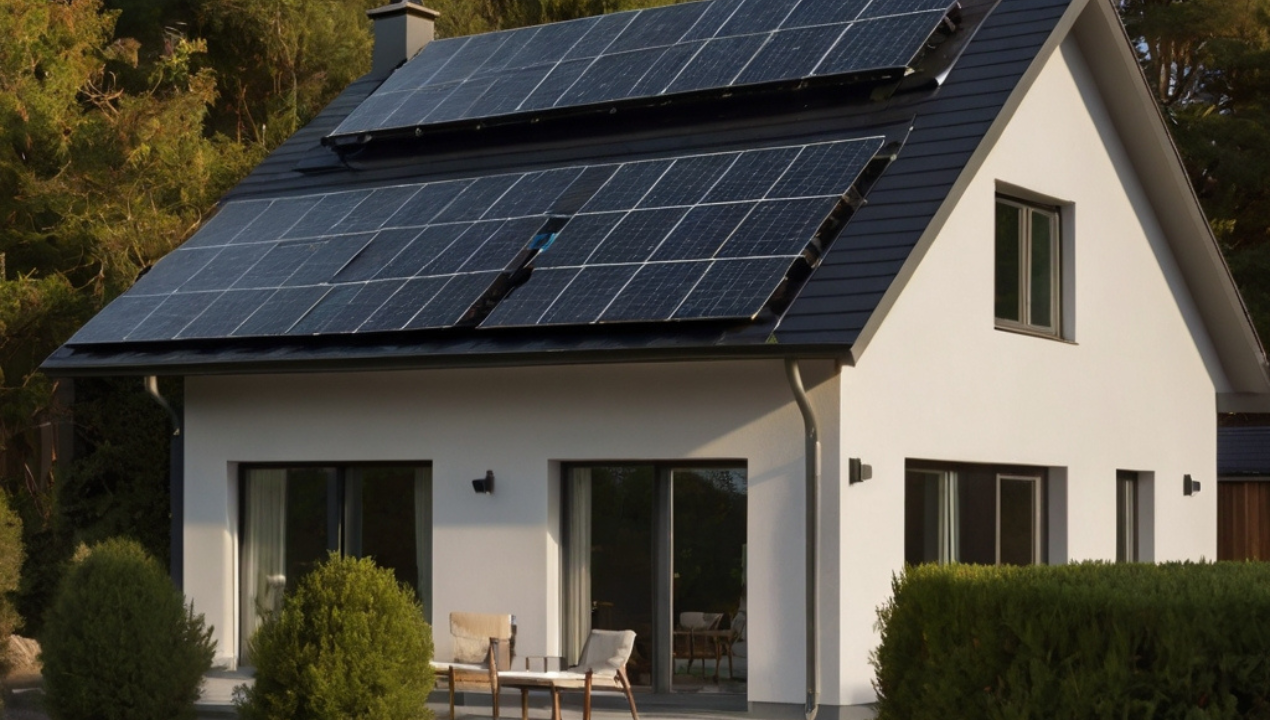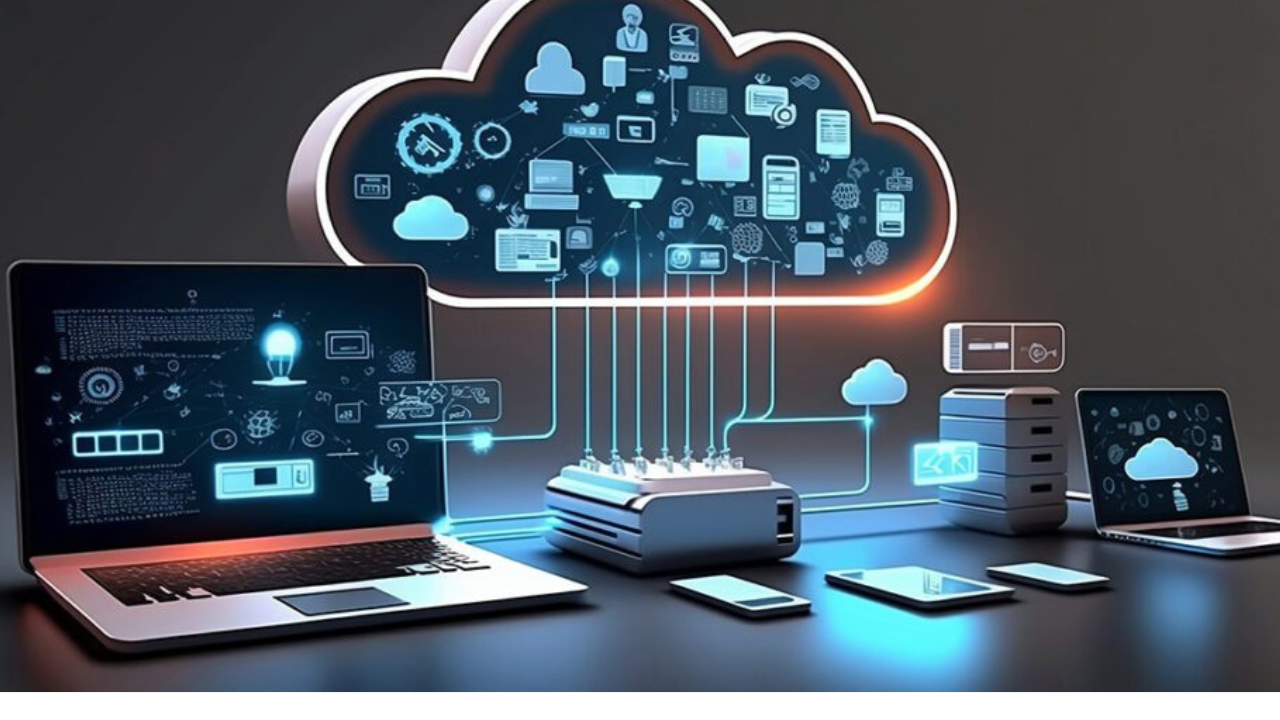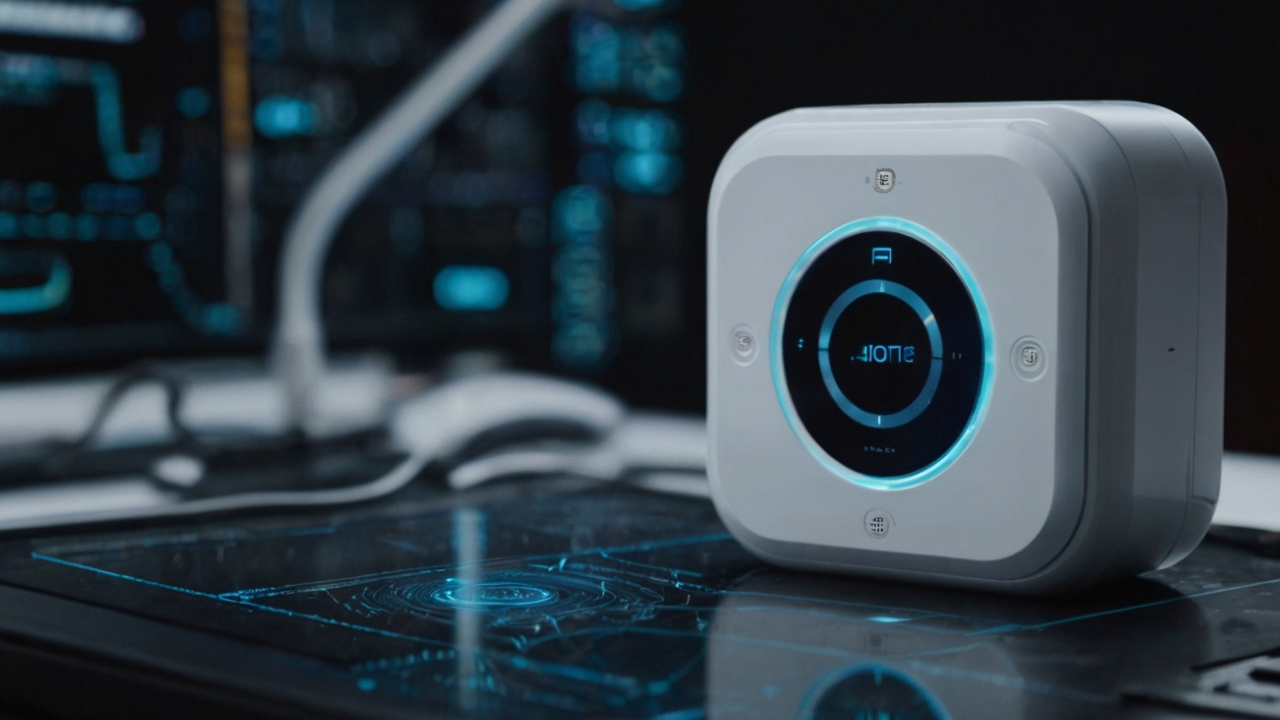The rollout of 5G networks represents a pivotal moment in the evolution of telecommunications technology. As we delve into the implications of 5G network development, it becomes clear that this next-generation wireless technology is set to transform not just how we communicate, but how entire industries operate and how we interact with the world around us. Let’s explore the far-reaching impacts of 5G across various sectors and aspects of our lives.
1. Enhanced Mobile Broadband
One of the most immediate and noticeable impacts of 5G will be on mobile internet speeds. With theoretical peak data rates of up to 20 Gbps, 5G promises to deliver speeds up to 100 times faster than 4G. This quantum leap in speed and capacity will enable:
– Near-instantaneous downloads of high-definition content
– Seamless streaming of 4K and 8K video
– Enhanced mobile gaming experiences with minimal latency
– Improved video conferencing quality, even in crowded areas
These improvements will not only enhance user experiences but also open up new possibilities for content creators and service providers to deliver richer, more immersive digital experiences.
2. Internet of Things (IoT) Revolution
5G’s ability to support a massive number of connected devices per square kilometer will catalyze the growth of the Internet of Things. This will have profound implications for:
– Smart Cities: Enabling efficient traffic management, waste management, and public safety systems
– Smart Homes: Facilitating more responsive and interconnected home automation systems
– Industrial IoT: Enhancing manufacturing processes through real-time monitoring and predictive maintenance
– Agriculture: Supporting precision farming techniques with networks of sensors and automated systems
The proliferation of IoT devices will generate unprecedented amounts of data, leading to more informed decision-making and optimized resource allocation across various sectors.
3. Healthcare Transformation
5G technology has the potential to revolutionize healthcare delivery:
– Telemedicine: High-quality, low-latency video consultations will become more accessible, particularly benefiting rural areas
– Remote Surgery: 5G’s low latency could make remote robotic surgery a practical reality
– Wearable Devices: Enhanced connectivity will support more sophisticated health monitoring devices, enabling proactive healthcare
– Emergency Services: Faster data transmission could improve response times and the quality of care in critical situations
These advancements could lead to more equitable access to healthcare and improved patient outcomes.
4. Autonomous Vehicles and Smart Transportation
The automotive industry stands to benefit significantly from 5G:
– Vehicle-to-Everything (V2X) Communication: Enabling cars to communicate with each other and with infrastructure, enhancing safety and traffic flow
– Autonomous Driving: 5G’s low latency and high reliability will support the real-time decision-making required for self-driving vehicles
– Enhanced Navigation: More accurate and up-to-date traffic information will improve route planning and reduce congestion
These developments could lead to safer roads, reduced emissions, and more efficient transportation systems.
5. Augmented and Virtual Reality
5G will unlock the full potential of AR and VR technologies:
– Immersive Entertainment: High-bandwidth, low-latency connections will support more realistic and responsive AR/VR experiences
– Education and Training: Enhanced AR/VR applications will revolutionize how we learn and acquire new skills
– Remote Work: VR could make remote collaboration feel more like in-person interaction
– Retail: AR applications could transform shopping experiences, allowing customers to virtually try products before purchasing
These advancements could blur the lines between physical and digital realities, creating new forms of entertainment, learning, and social interaction.
6. Industrial and Manufacturing Innovation
5G will be a cornerstone of Industry 4.0:
– Smart Factories: Ultra-reliable low-latency communication (URLLC) will enable real-time control of robotic systems
– Digital Twins: High-bandwidth connections will support more detailed and accurate digital representations of physical assets
– Supply Chain Optimization: Improved connectivity will enhance tracking and management of goods throughout the supply chain
– Predictive Maintenance: Real-time data from machinery will enable more accurate prediction of maintenance needs, reducing downtime
These innovations could lead to increased productivity, reduced costs, and more sustainable manufacturing practices.
7. Energy Management and Sustainability
5G networks will play a crucial role in managing energy resources more efficiently:
– Smart Grids: Enabling more responsive and efficient electricity distribution
– Renewable Energy Integration: Supporting the integration of distributed renewable energy sources into the grid
– Energy-Efficient Buildings: Facilitating more sophisticated building management systems
– Environmental Monitoring: Supporting networks of sensors for monitoring air quality, water resources, and ecosystems
These applications could contribute significantly to sustainability efforts and the fight against climate change.
8. Economic Impact
The development and deployment of 5G networks are expected to have substantial economic implications:
– Job Creation: New industries and services enabled by 5G will create new employment opportunities
– Economic Growth: The World Economic Forum predicts that 5G could create $13.2 trillion in global economic value by 2035
– Innovation: 5G will enable new business models and services, fostering entrepreneurship and innovation
– Global Competitiveness: Countries and regions that lead in 5G deployment may gain competitive advantages in the global economy
However, these benefits may not be evenly distributed, potentially exacerbating economic inequalities between regions with and without 5G access.
9. Security and Privacy Concerns
While 5G offers many benefits, it also raises new security and privacy challenges:
– Increased Attack Surface: More connected devices mean more potential entry points for cyberattacks
– Data Privacy: The vast amount of data generated by IoT devices raises concerns about data collection and usage
– Network Security: The distributed nature of 5G networks presents new challenges for ensuring network integrity
– Geopolitical Tensions: Concerns about the security of 5G infrastructure have led to geopolitical tensions and trade disputes
Addressing these concerns will be crucial for building trust in 5G technologies and realizing their full potential.
Conclusion
The implications of 5G network development are vast and multifaceted, touching nearly every aspect of our lives and economies. From transforming how we communicate and consume media to revolutionizing industries and enabling new technologies, 5G promises to be a catalyst for innovation and progress.
However, realizing the full potential of 5G will require overcoming significant challenges, including the need for substantial infrastructure investments, addressing security and privacy concerns, and ensuring equitable access to the technology.
As we move forward, it will be crucial for policymakers, industry leaders, and technologists to work together to navigate these challenges and harness the transformative power of 5G for the benefit of society as a whole. The journey towards a 5G-enabled future is just beginning, and its ultimate impact may be even more profound than we can currently imagine.











